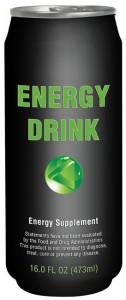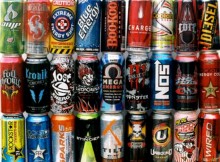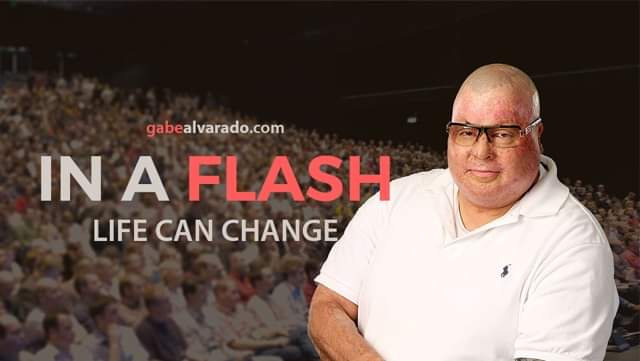 Lack of regulation
Lack of regulation
means labels may
not be correct
Anastasia Talarantas / Reporter
Weather you’re a college student, a graduate with a career or a stay-at-home parent, everyone needs energy to go about their day. As recently as a decade ago, coffee was the go-to pick-me-up of choice for many people. However, with the recent rise in energy drinks, it seems like coffee has new competition.
“When I drink a Red Bull I feel like my energy is unlimited,” said Del Mar College student Joshua Perez. “After a few hours, I feel miserable and tired, I feel like I need to sleep.”
According to CNN, caffeine is the most widely used drug in the world. But caffeine isn’t just found in coffee, it is used in most energy drinks. Because energy drinks have a lot of ingredients, they perform faster than coffee. There are two main ingredients in all energy drinks, sugar and caffeine. According to the Huffington Post, the Food and Drug Administration hasn’t regulated the amount of caffeine in energy drinks, so the amount of caffeine in a drink can widely vary and may not be accurate on the label. In just one 8.4-ounce can of Red Bull, according to the label, there are 27 grams of sugar and 80 milligrams of caffeine.
The sale of energy drinks has risen dramatically over the years.
“From every three kids I see in the cafeteria, one buys an energy drink,” said Alma De La Paz, a food service worker at Del Mar College. “We sell out pretty quickly, and it surprises me how many students drink them, when they are so unhealthy.”
Because of the amount of caffeine, taurine, herbal extracts and vitamins energy drinks contain, the energy surge for drinkers is nearly immediate. But the myriad ingredients also have many people worried about the effects on the human body.
A 2008 study conducted by the Pennsylvania Medical Society’s Institute for Good Medicine found that 20 percent of respondents ages 21 to 30 had used energy drinks in high school or college to stay awake longer to study or to write a paper, and 70 percent of respondents knew someone who had used an energy drink to stay awake longer to study or work.
The FDA is continuing to investigate reports of illness, injury or death of people who took products marketed as “energy drinks” or “energy shots.” The agency on its website cautions consumers that such products are not alternatives to rest or sleep. It is important for consumers to realize that while stimulants such as caffeine may make one feel more alert and awake, judgment and reaction time can still be impaired by insufficient rest or sleep, according to the FDA.






